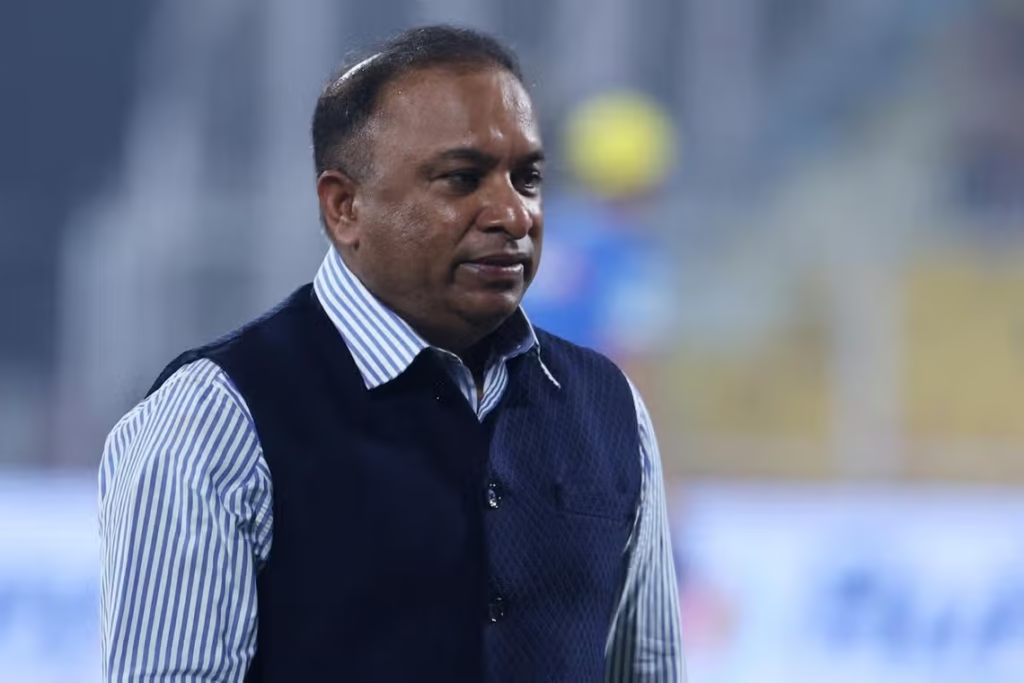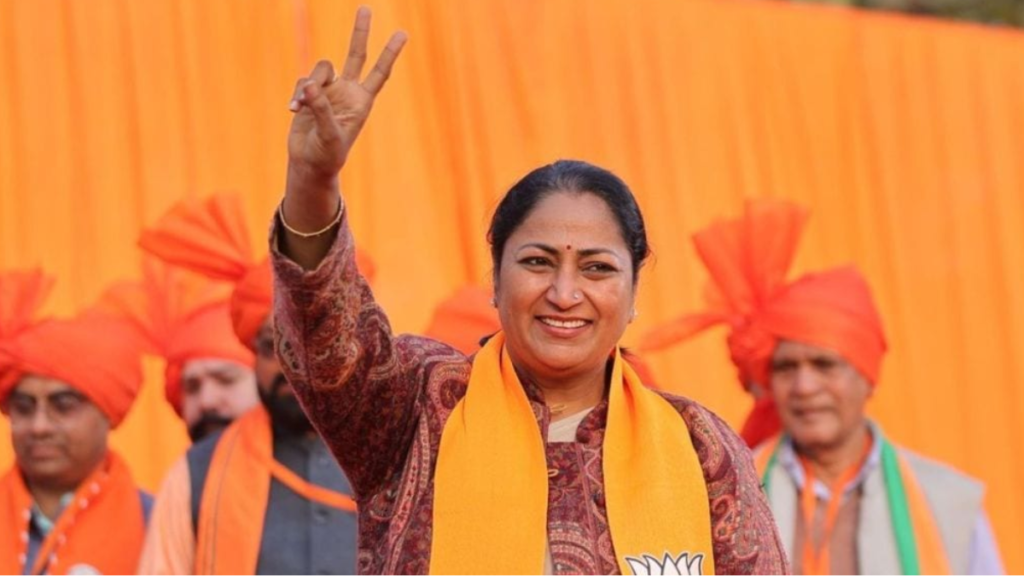What Sparked the Rumors of India Withdrawing from Asia Cup 2025?
Multiple media outlets reported that the Board of Control for Cricket in India (BCCI) had decided to withdraw from the Men’s Asia Cup 2025 and the Women’s Emerging Teams Asia Cup. The reports cited escalating India-Pakistan tensions, exacerbated by Operation Sindoor and the Pahalgam terror attack, as the primary reason. Additionally, the Asian Cricket Council (ACC) being chaired by Pakistan’s Mohsin Naqvi, a Pakistani minister, was highlighted as a point of contention. These outlets claimed the BCCI had already informed the ACC of its decision, predicting that India’s absence would likely lead to the cancellation or diminished significance of both tournaments, given India’s pivotal role in their financial and sporting appeal.
How Did the BCCI Respond to These Reports?
BCCI Secretary Devajit Saikia issued an immediate and firm denial on May 19, 2025, labeling the reports as “completely false,” “purely speculative,” and “imaginary.”
BCCI Secretary Devajit Saikia to ANI says, "Since this morning, it has come to our notice about some news reports that the BCCI has decided not to participate in the Asia Cup and the Women's Emerging Teams Asia Cup, both of which are ACC (Asian Cricket Council) events. Such news… pic.twitter.com/U0fZ9t8Ykl
— ANI (@ANI) May 19, 2025
He clarified that no discussions regarding withdrawal from either Asia Cup tournament had taken place within the BCCI, and no communication had been sent to the ACC about any such decision. Saikia emphasized that the board’s current focus was on the ongoing IPL and the upcoming England series for both men’s and women’s teams. He assured that any future decisions about ACC events would be officially communicated, urging the public to disregard unverified claims.
Why Did Media Outlets Persist with the Withdrawal Narrative?
Despite the BCCI’s categorical denial, some media outlets continued to fuel the narrative by citing unnamed BCCI sources. These reports suggested that India’s participation was unlikely due to national sentiment amid strained India-Pakistan relations, particularly with a Pakistani official leading the ACC. They speculated that India’s withdrawal could jeopardize the tournaments’ viability, as India’s cricketing influence drives viewership and revenue. This persistence reflects the media’s tendency to sensationalize India-Pakistan rivalries, especially against the backdrop of recent geopolitical tensions, including Operation Sindoor, which targeted terrorist infrastructure in Pakistan following the Pahalgam attack.
The Asia Cup withdrawal rumors highlight the intersection of cricket and geopolitics, particularly between India and Pakistan. The BCCI’s swift rebuttal underscores its intent to maintain control over its narrative and avoid premature speculation that could inflame tensions. India’s participation in ACC events is crucial for their success, and any hint of withdrawal stirs debate about the politicization of sport. With Mohsin Naqvi at the helm of the ACC, the situation is delicate, as India-Pakistan cricketing ties are often a barometer of their diplomatic relations. The controversy also draws attention to the broader context of 2025, where events like Operation Sindoor have heightened bilateral friction. For now, the BCCI’s focus on official communication aims to keep cricket insulated from political speculation, preserving the sport’s unifying potential.





















